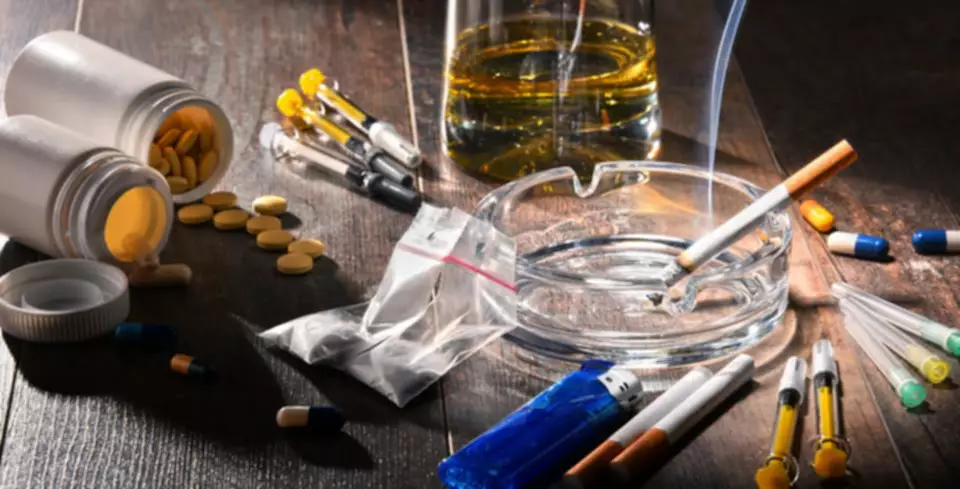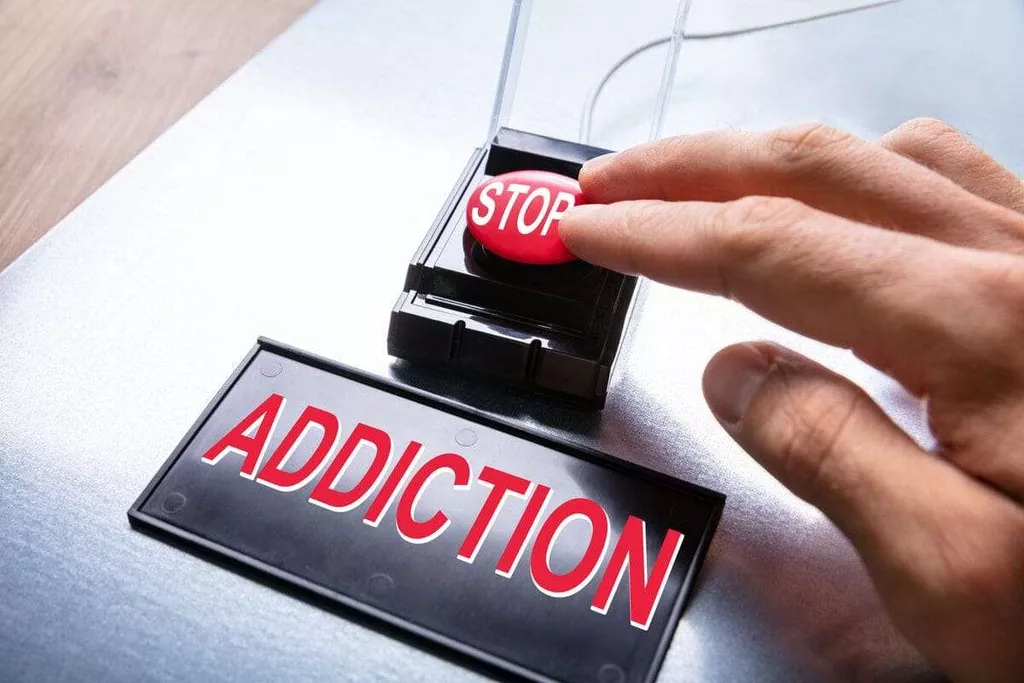Anyone in recovery from addiction should ideally prioritize their recovery and personal growth. While finding love is fulfilling and can play an important role in personal development, it does not work unless you have achieved the growth you need as an individual. Being in a relationship after drug rehab and maintaining a healthy relationship takes work. Yet, focusing on taking it slow, putting your recovery first, practicing self-care, being honest, and good communication is good. If a relationship begins to cause significant stress, leads to isolation from your support network, or tempts you to revert to unhealthy habits, it may be time to seek help. Discussing these issues with a counselor or therapist can provide insights and strategies for addressing relationship challenges without compromising your recovery.
- Sometimes, people new to recovery are embarrassed or ashamed of sharing their struggles with a new partner.
- Anyone who has your best interests at heart will want you to focus on your recovery and won’t pressure you to start a relationship before you’re ready.
- Being in a relationship after drug rehab and maintaining a healthy relationship takes work.
- Stephen’s time with Stages began when he was a client learning how to live his new life in Recovery.
- Some people believe it’s important to be completely upfront and let others know that you are a person in recovery during your very first encounter.
- Discover Recovery advocates for relationships that promote well-being and provide a safe, nurturing environment for both individuals.
The Role of Dual Diagnosis Treatment in Detox and Recovery

When this volatility ultimately leads to the collapse of the relationship, this can easily trigger a relapse. Building healthy relationships in recovery takes time, but the rewards are immeasurable. A strong support network provides a foundation for emotional well-being, resilience, and https://ecosoberhouse.com/ continued growth.

How Music Can Influence Emotions and Aid in Recovery

These techniques create an environment where honest dialog can grow naturally when practiced regularly. Note that good Halfway house communication is a skill that develops over time—be patient while you learn and improve. Being specific about your needs creates clarity and cuts down misunderstandings. Research indicates that open communication about recovery needs strengthens support systems and reduces unintentional challenges. State your boundaries clearly and consistently, especially about situations that might trigger a relapse.
The importance of transparency and honesty in treatment programs

Additionally, we discuss strategies for maintaining healthy interactions and recognizing toxic dynamics while emphasizing the importance of personal growth in the recovery process. Navigating relationships during addiction recovery is a complex yet crucial aspect of the healing journey. As explored, healthy connections, whether familial, platonic, or eventual romantic, can provide profound support and bolster one’s resilience against relapse. Conversely, unhealthy dynamics pose serious risks, emphasizing the need for cautious and deliberate engagement with others while prioritizing personal growth.
Dating someone in recovery – how to help
In recovery, love isn’t just an emotion—it’s a driving force for transformation. But that being said, you can make the health of yourrelationship a priority and you can make a conscious effort to nurture intimacy– and it’s not even that hard to do. Discover what can help with alcohol cravings, from coping strategies to dietary approaches and medications. Explore realistic films about addiction, diving into authentic portrayals and impactful romantic relationships in recovery narratives.
Music Therapy for Addiction
For many, faith offers a sense of purpose and a framework for understanding life’s challenges. Forgiveness is a powerful tool for emotional health, and it can have a significant impact on both mental and physical well-being. When we forgive, we release negative emotions such as anger, resentment, and bitterness, which can weigh heavily on our mental health. Letting go of these burdens can lead to a profound sense of relief and inner peace. You may be concerned about how others will react or judge you when you share your recovery status. Occasionally, such questions may be asked provocatively, questioning or even testing your commitment to recovery.

Legal Issues in Addiction Recovery
At Penfield Addiction Ministries, we encourage you to take these steps with courage and commitment, knowing that healthy relationships are within reach when nurtured with care. If you’re recovering from addiction, it may take several months to re-learn healthy habits and coping skills. During your first year of recovery, focus on your mental, physical and emotional health. Then, reevaluate how you feel and take steps toward forging a healthy personal relationship. Many experts suggest that people in recovery often struggle with self-care skills in their early sobriety.
